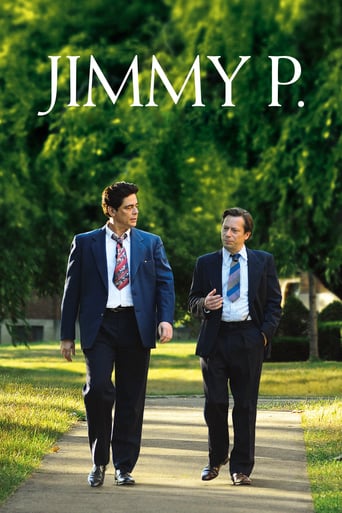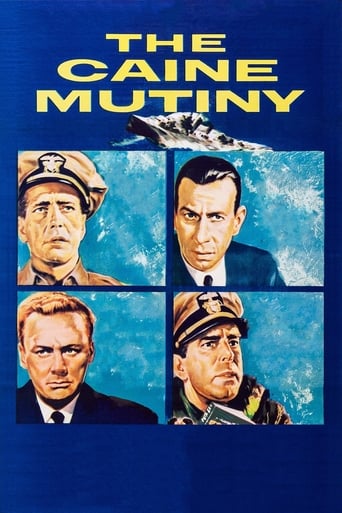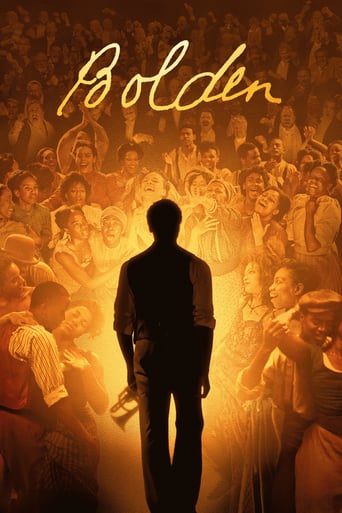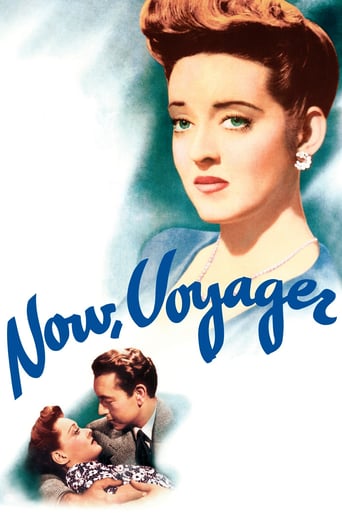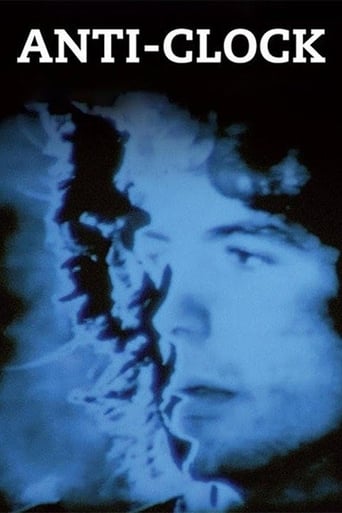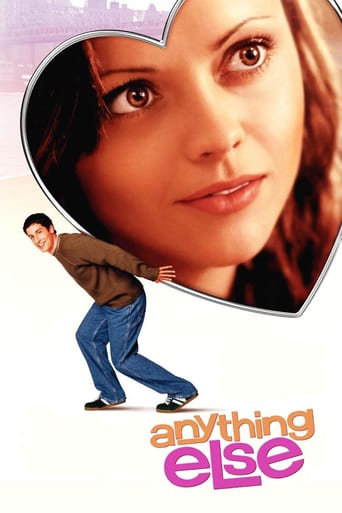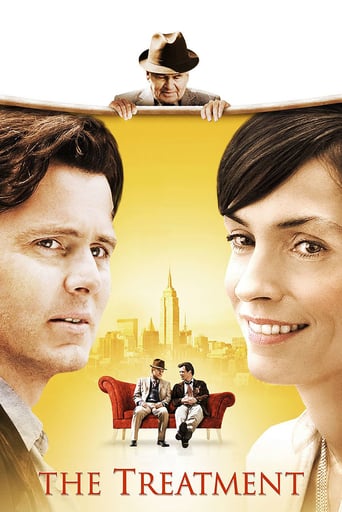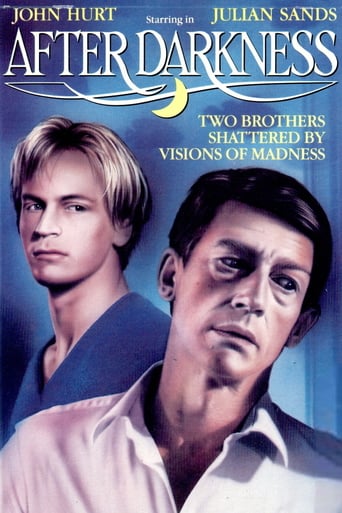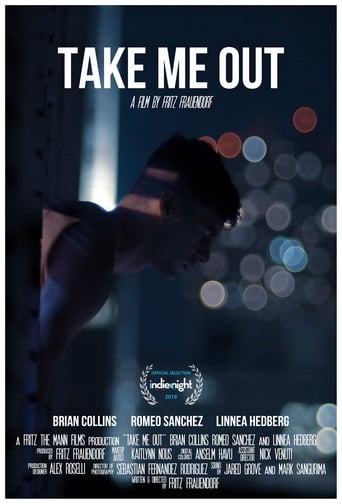Jimmy P. (2013)
At the end of WWII, Jimmy Picard, a Native American Blackfoot who fought in France, suffers from unexplainable symptoms and is admitted to a military hospital. When doctors suspect schizophrenia, an eccentric psychoanalyst takes up the case and starts a conversation with the veteran.
Watch Trailer
Cast


Similar titles
Reviews
Thanks for the memories!
To all those who have watched it: I hope you enjoyed it as much as I do.
What begins as a feel-good-human-interest story turns into a mystery, then a tragedy, and ultimately an outrage.
This is one of the best movies I’ve seen in a very long time. You have to go and see this on the big screen.
Several accomplished cast members (winners of International awards, including previous Oscar win by title character) promised a compelling true story, but didn't quite deliver. - Set in Post WWII rural Kansas, the title character is a Native American who is a war veteran with chronic inexplicable painful episodes suggesting brain injuries. Because the local VA Hospital is puzzled by Jimmy's unique condition, a French psychoanalyst (a Freudian scholar) stuck in New York City due to his questionable legal residence and work status, is sent for to assist in figuring this case out. - Jimmy grows to trust this Frenchman and eventually confides the darkest memories that had troubled him from childhood on. Although this story is based on actual events, I don't find it particularly compelling. There could be many such "true stories" of mental patients told, all with equally moving details and outcomes. The one detail that impressed me was how prejudices against Native Americans were still part of daily life in America, but how simultaneously individuals began to demand respect for minorities, rejecting coded racism. A nurse talking down to Jimmy saying "you can paint the town red" was clearly racist and patronizing. In one scene Jimmy corrected a military official about being properly addressed "My name isn't Chief, it's Jimmy, so you call me Jimmy!". At another point the French psychoanalyst had an outburst and demanded that his patient's medical care be equal to that of any white man. Such moments show the progress in the fight for equality, with a long way to go. For 1948 standards, however, a remarkable progress nonetheless.The few bright moments in this film don't rationalize the running time of almost 2 hours. Slow and drawn out. At the end of the film, I was still looking for more of a point than was delivered.
Each of us springs from cultures that form our worldview, guide our behavior, create our sensibilities. But non-whites, especially, are coerced into discarding that identity and, through acculturation, becoming someone that they really aren't, someone who, over time, can no longer understand why they dream of a bear, a fox, and a baby and what in the world those images mean. An early scene in Jimmy P shows a white doctor asking Jimmy to respond to a picture he's shown of some white demonic guy with a knife in what looks like an operating room. Jimmy can't free associate anything from that picture. Not because he's crazy, but because it's meaningless to him. But later he can uncover meaning in a dream that includes a bear, a fox, and a baby. Over a generation or two, Jimmy has lost many connections to his own past and cultural traditions. Although he can still sense them, he can't interpret them as they relate to his own psychological issues. He's broken laws that the dominant cultural doesn't regard as criminal at all. Not understanding this, he punishes himself even though freed by a white court of law. Although Thunderheart may have been more entertaining, Jimmy P is enlightening about the psychic damage that happens when cultural and ethnic peoples are punished for who they are and made to ape other cultures to become accepted.
Firstly, I'm not a movie buff nor am I an expert on the director or anyone else involved in making this movie, I just watch movies based on whether or not I fancy watching them.The acting left me with a feeling of warmth towards the characters, sure it's not a short film, and some of the scenes could probably have been shorter, but I feel that would've taken away from the tonality. The movie seems well written and likable, but the pacing and content won't be everyone's 'cup of tea'. In short, the movie is good, it's not an action movie, there's almost no excitement, but who would read the synopsis and think there would be any? There's really nothing left to say about this film as far as I can see, I'd recommend it, but not to everyone, and can't see a group of lads sitting round with cans of lager enjoying it, it's more of a 'sit and watch alone' type of thing.
An intellectual labor of love in which the director tries to recreate the psychotherapeutic relationship between a French psychoanalyst (in reality a Hungarian-German Jew who converted to Christianity) and a Blackfoot Indian vet suffering from inexplicable symptoms in the late 1940s in a VA hospital in Topeka, Kansas.Played by Benicio del Toro (who is Puerto Rican) and Mathieu Almaric (who is half-French half-Polish Jewish), the film drags at times but does delve into some interesting psychological (although of course it goes *much* more seamlessly/painlessly than most analyses in reality).Almaric's character wins over Del Toro's with his initial knowledge of Native American cultures (actually Mojave but there are parallels to the Blackfoot). From there he tries to synthesize his anthropological knowledge with what seem to be a pretty standard fare of sexualized Freudian clichés (witnessing the primal scene, explicit discussions of vaginas (which I thought Del Toro's character spoke about far too easily for the mores of that day and age)).The relationship between the two men are supposed to be a life-changing event but I felt the film fell a little short in depicting that reality (also a film review (for which I know the director is not responsible) described their friendship as resulting from their both being outsiders, but Almaric's character never reveals his true background (his lover mentions at one point the fact that he changed his name but that is it, perhaps there were other scenes that didn't make it past the editor (I went to the premiere in NYC with the director and main actors and they said there are a lot of scenes that got cut)).In the latter part of the movie there are strong hints that Jimmy's (Del Toro's character) headaches, fits of rage and alcoholic binges are the result of systematic sociopolitical mistreatment of native Americans but the subject is only strongly hinted at, not really discussed explicitly by Jimmy in any deep or meaningful way. This was to me perhaps more interesting than the anthropological Freudianism of the first 90 minutes of the film, but the director was trying to adhere to a book on the subject and real-life events (psychology back then was even more grossly unaware of psychopolitical factors compared to now).Perhaps subtly discourages the notion that Jimmy is suffering from PTSD (a diagnosis which did not exist at the time, but the phrase "shell shock" is not used either) because he never saw combat or killed anyone (he was involved in mine-clearing operations after the German retreat). Also interesting insofar as his injury was to his head, thus perhaps implicitly challenging the often presumed relationship nowadays in vets between TBI (traumatic brain injury) and PTSD? (Then again the director was following real-life events so I don't know his intentionality.)A worthwhile film but a little odd insofar as it (to me) underemphasizes the ethnocultural forces in the characters in favor of a "special friendship" (in a universalized way) despite the fact that it is the decultured nature of American psychiatry which was at the root of doctors' inability to help Jimmy in the first place. Also couldn't stand the way a couple of actors (thinking of Almaric and Joseph Cross specifically) who think that acting means being as anxious and/or intense as possible in every scene.P.S. The film does drag a bit (114 minutes) (I'm not someone who normally complains about "art-house" films with slower (French) pacing either.)

